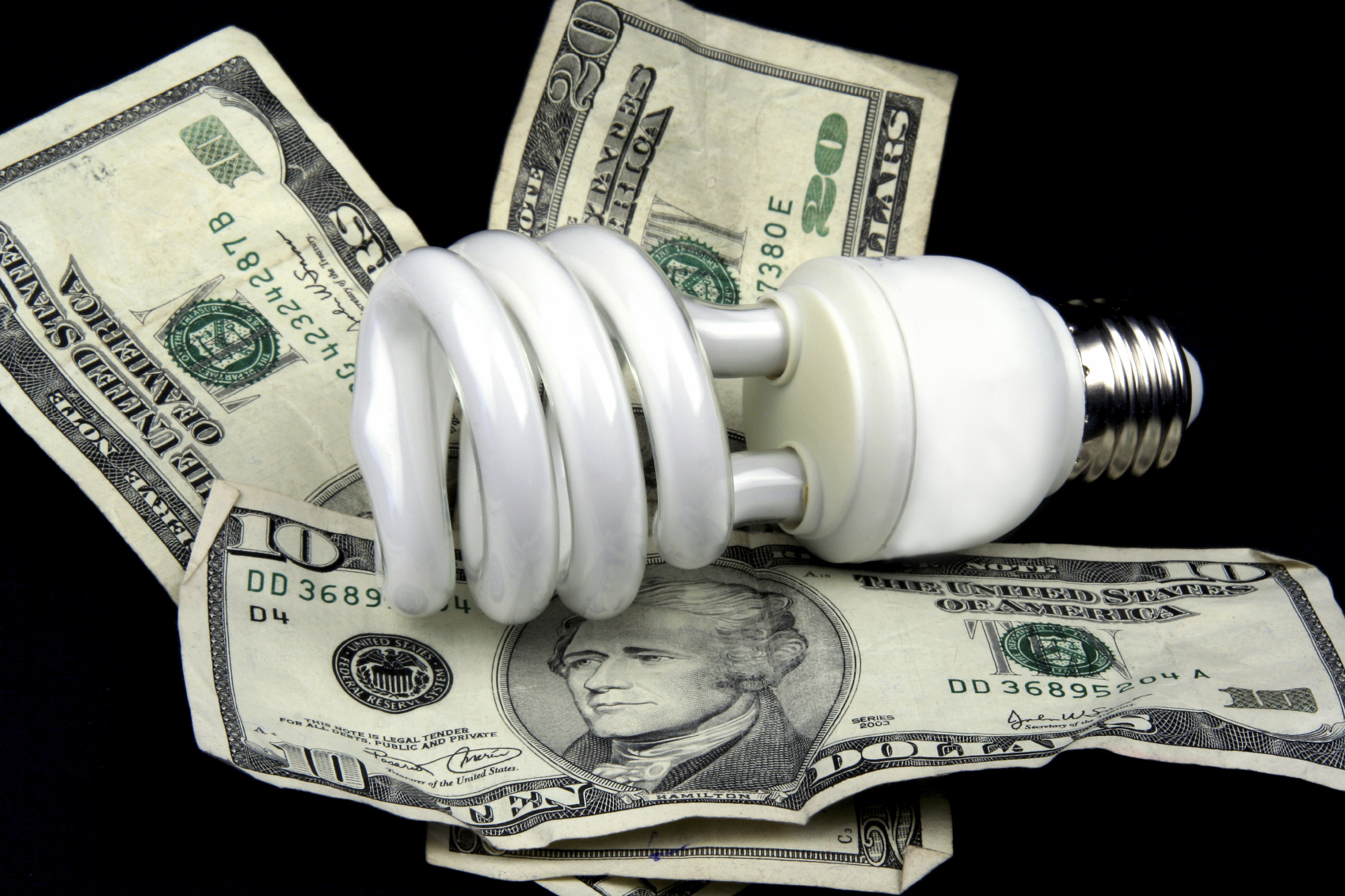AARP Hearing Center

The Virgin Islands Water and Power Authority (WAPA) is making tremendous headway toward reducing the skyrocketing cost of utilities throughout the Virgin Islands.
Over the last six months the utility opened two massive solar-panel farms and retrofitted several of its electrical generators so that it could take advantage of cheaper alternative fuels including liquid propane (LP) and liquid natural gas (LPG). In mid-January the utility’s Chief Executive Officer also sought authorization from his Board to re-establish the authority’s long-defunct fuel oil hedge program that would allow the utility to take advantage of the decreasing cost of fuel.
In September 2014 residential ratepayers paid $.51 per kilowatt hour (pkwh) and commercial clients paid $.56 per kilowatt hour. The actions taken in late 2014 produced a significant savings for both classes of ratepayers bringing the residential rates down to $.39 pkwh and commercial rates to $.42 pkwh. But according the plan, the savings will not stop there. It is expected that the savings derived from participation in the hedge fund program will materialize in the third quarter of 2015 and will be noticed in ratepayers’ bills by August. This savings will be seen in a reduction of ratepayers Levelized Energy Adjustment Clause or LEAC. The LEAC is a special fee which specifically pays for fuel and, since the utility is a non-profit entity, the entire savings will be passed on to the consumer.
According to WAPA’s CEO, Hugo Hodge, the utility wants to “lock in the lower (fuel) prices which will exist for about one and a half years.” The Authority is permitted by the Public Services Commission to conduct a hedge program up to its 50% volume level. In other words, the Authority can use the hedge program to make fuel purchases that will represent only half of their total storage capacity. WAPA wants the PSC to revisit this decision and will be asking the PSC to permit the Authority to take the greatest advantage of the lower fuel prices by permitting them to purchase up to the 75% level.
After years of paying some of the highest kilowatt rates in the United States, Virgin Islanders are beginning to benefit from the myriad of initiatives instituted by the Authority. These initiatives have helped to reduce the utility’s dependence on fossil fuels while maintaining the demand level of electrical generation, improving the authority’s efficiency, and adding several reliable, renewable sources of energy to the VI power grid.
In addition to the savings that VI ratepayers will realize, the initiatives taken by WAPA have also had an impact on the Authority’s electric system revenue bonds. In January Standard and Poor’s revised WAPA’s revenue bonds outlook from “negative” to “stable” and also affirmed the system’s “BBB“– senior-lien rating as well as its “BB+” subordinate debt ratings on the bonds. The steps are helping consumers save more of their hard earned money while also helping to improve the Territory’s financial status.
AARP suggests all ratepayers save their January-July 2015 WAPA bills so that they can compare the savings they will realize on their August 2015 bills. The savings will represent the territory’s efforts to reduce its dependence on use of expensive fossil fuels by diversifying its energy grid with less expensive, renewable energy sources.































































